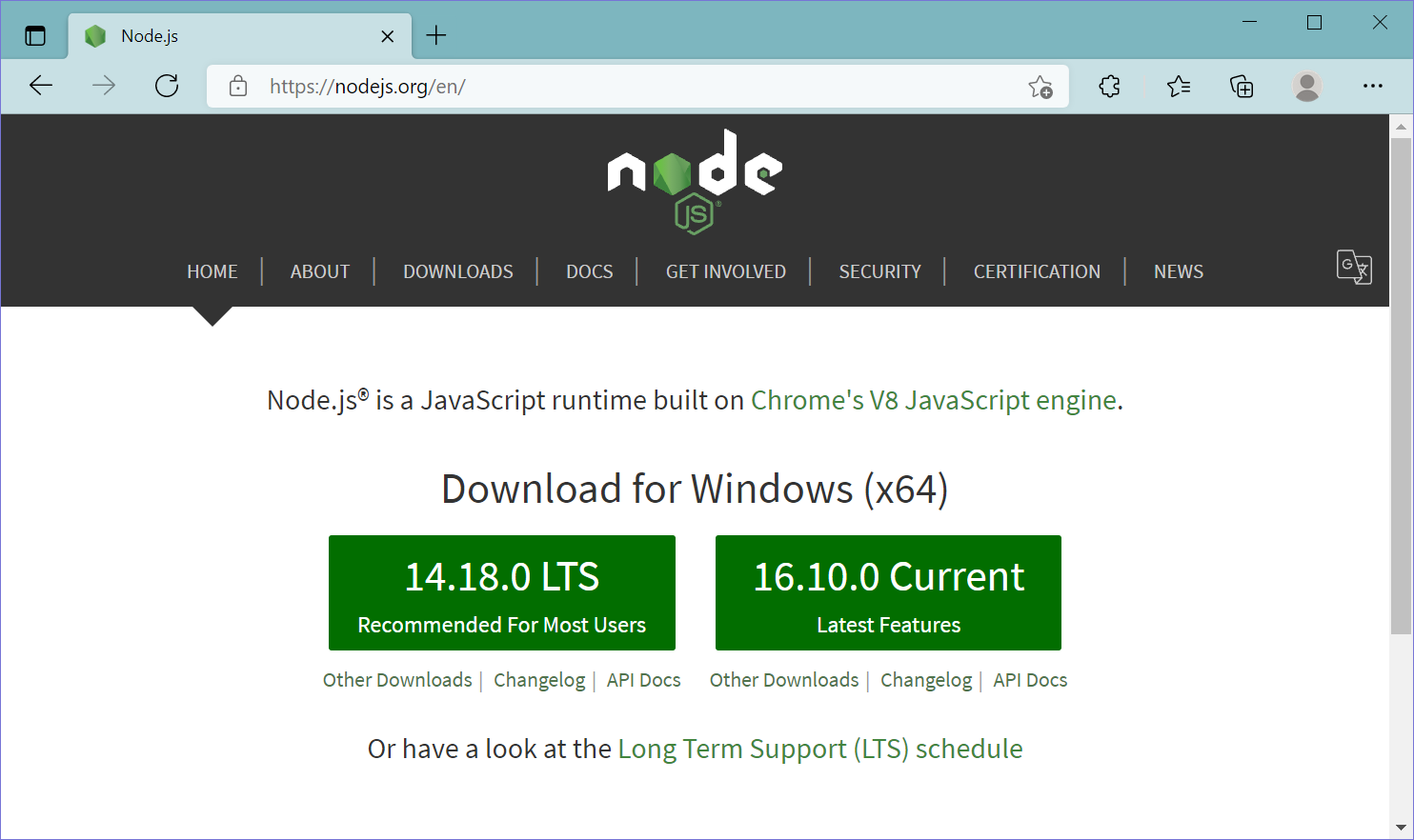


This added speed and reliability reduces wasted time and promotes best practices. Npm ci is fast-in some cases, twice as fast as using npm i, representing a significant performance improvement for all developers using continuous integration. Npm ci offers massive improvements to both the performance and reliability of builds for continuous integration / continuous deployment processes, providing a consistent and fast experience for developers using CI/CD in their workflow. If any dependencies are missing or have incompatible versions, it will throw an error.

Npm ci (named after Continuous Integration) installs dependencies directly from package-lock.json and uses package.json only to validate that there are no mismatched versions.
#Npm install latest version of package with tags update#
It can update the package-lock.json file. If you use ^ or ~ when you specify the version of your dependency, npm may not install the exact version you specified. If a dependency is not in package-lock.json it will be added by npm install. It’s meant to be used in automated environments such as test platforms, continuous integration, and deployment – or any situation where you want to make sure you’re doing a clean install of your dependencies.Įssentially, npm install reads package.json to create a list of dependencies and uses package-lock.json to inform which versions of these dependencies to install. Npm ci :- when you want to run continuous integration tools like Jenkins or GitLab, etc., it doesn’t modify the package-lock.json file. Npm install :- install new dependencies, or update existing dependencies (e.g. Starting MARCH 5, 2018, all npm users can take advantage of a new install command called npm ci.


 0 kommentar(er)
0 kommentar(er)
